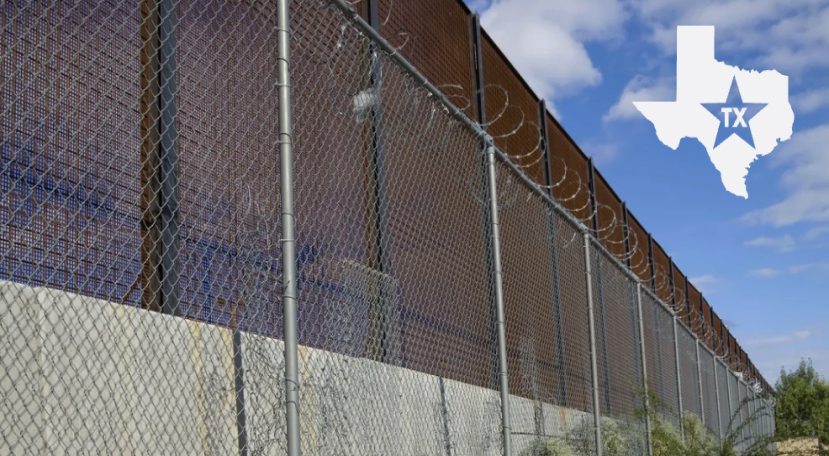Lahaina Wildfire: A Legal Battle Over Negligence and Responsibility
Natural disasters are devastating, but when amplified by human negligence, they lead to catastrophic outcomes. The fires in Lahaina, Maui, which killed at least 115 people, making it the deadliest wildfire in the U.S. in over a century, have become a point of legal contention between Maui County and the Hawaiian Electric Company. Below is an analysis of the lawsuit and its implications.
Key Points:
- Maui County has filed a lawsuit against Hawaiian Electric Company, alleging negligence in not shutting off power during exceptionally high winds, thereby leading to the devastating Lahaina fires.
- Eye-witness accounts and video footage suggest that sparks from power lines were the initial cause of the fires as utility poles broke due to the winds from a nearby hurricane.
- The lawsuit alleges that Hawaiian Electric failed in their duty to maintain and repair transmission lines and other related equipment, which if done correctly, could have prevented the disaster.
- Beyond the human loss, the destruction of property and the trauma experienced by the Lahaina residents serve as a somber reminder of corporate responsibilities.
- The lawsuit’s outcome could set a precedent, mirroring other recent lawsuits where utilities were found liable for fires and their devastating aftermaths.
Maui County’s decision to pursue legal action against Hawaiian Electric brings to light the inherent responsibilities utilities hold, especially in areas prone to natural disasters. The main contention is that despite knowledge of an impending hurricane and its associated strong winds, the utility failed to shut off power. According to the lawsuit, this failure to act led to the ignition of fires which were then further exacerbated by the region’s drought and resultant dry vegetation.
The lawsuit highlights the company’s alleged neglect in maintaining electric transmission lines and associated equipment. Additionally, it emphasizes that Hawaiian Electric was aware of the potential hazards posed by high winds yet didn’t act to prevent them.
Hawaiian Electric’s response to the lawsuit portrays a different narrative, expressing disappointment at Maui County’s decision to sue while investigations are ongoing. However, with the devastation caused, especially the tragic loss of lives, including an entire family, the public sentiment seems gravitated towards accountability.
The legal scrutiny on Hawaiian Electric is not isolated. Other utilities, like Southern California Edison Company, Pacific Gas & Electric, and San Diego Gas & Electric, have faced similar legal challenges related to natural disasters. This lawsuit, in essence, serves as a broader dialogue on the duties and responsibilities utilities bear towards public safety. Should the court rule in favor of Maui County, it might trigger utilities nationwide to reevaluate their safety protocols, especially in disaster-prone regions.
The aftermath of the Lahaina fires is a tragic reminder of the inflection point between nature’s wrath and human oversight. This lawsuit aims to provide justice to the victims while ensuring that such negligent acts are minimized in the future. This lawsuit underscores the importance of preventive measures and corporate accountability in the face of potential disasters.



